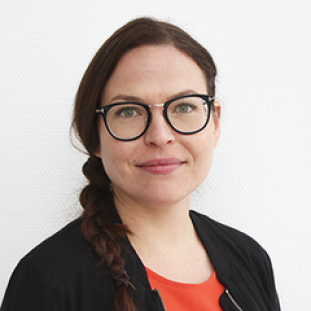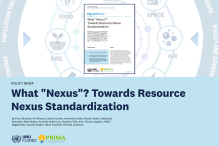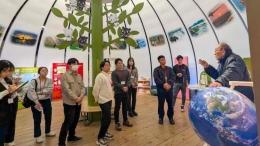The main aim of IGM Phase II is to support inclusive growth and resilience that substantially improve the living standards of the Mozambican population. The Programme will address four fundamental questions that sit at the heart of the development challenges facing Mozambique over the coming years. The Programme will place a strong emphasis on strengthening policy actions and best practice, as well as on informing public debate, around these issues:
What are current trends in poverty, inequality, and gender relations?
What factors constrain private sector dynamics and the creation of quality jobs?
How should Mozambique manage its macro-economy in a natural resources boom, taking account of recent economic and political shocks?
What initiatives are required to enhance the productivity and resilience of smallholder farmers and respond to climate change?
In addressing these key questions, the IGM Phase II will uncover ways to strengthen institutions and state capacity to tackle Mozambique’s socio-economic challenges, and will support the Government in its efforts to formulate and implement evidence-based policies to the benefit of the poorest and most vulnerable groups.
The National Directorate of Economic Policy and Development (DNPED) of the Ministry of Economy and Finance (MEF) and the Centre for Economic and Management Studies (CEEG), a research centre within the Faculty of Economics (FE) of the Eduardo Mondlane University (UEM), will implement the Programme. The United Nations University World Institute for Development Economics Research (UNU-WIDER) and the Development Economics Research Group of the University of Copenhagen (UCPH-DERG) will provide technical support. These four organizations have significant proven experience working together as professional institutional partners based on mutual trust, generating high-quality evidence for effective policy formulation. Together with their extensive global professional networks they are capable of providing tailored and context-relevant capacity building with a view to strengthening the research and analytical capacities of key institutions in Mozambique, contributing to the sustainable economic development of the country, in line with the UN Sustainable Development Goals (SDGs).




